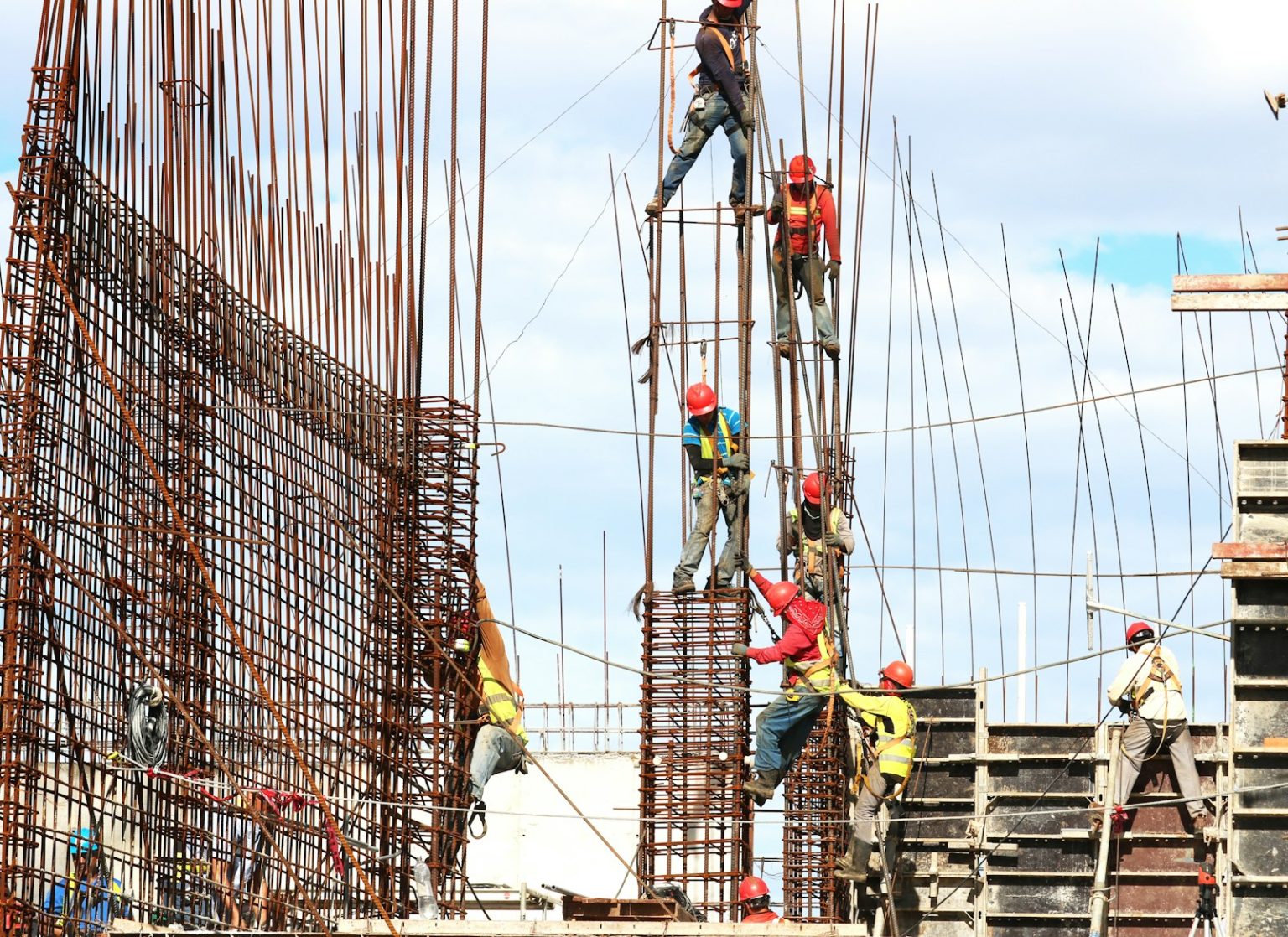A new report from technology provider EcoOnline has revealed that lone workers in the UK are facing increasing safety risks, with workplace incidents on the rise. The “Lone Worker Landscape Report 2024” surveyed over 1,200 executives and lone workers, examining key areas such as risk management, communication, and incident prevention.
Lone workers, defined as those who work without close or direct supervision, make up a significant yet often overlooked segment of the workforce. According to the report, between 7 and 9 million people in the UK work alone, and 46% of executives expect this figure to rise in the coming years. However, as lone working grows, so do the risks. The report found that 64% of organisations have experienced incidents involving lone workers over the past three years.
Rising Threats and a Perception Gap
A key finding of the report is the growing gap between the perceptions of executives and the actual experiences of lone workers. The survey revealed that violence and aggression have become the most significant threats for those working alone, with 46% of lone workers reporting an increase in incidents over the past two to three years. Incident reports show that violence now accounts for 20% of all lone worker-related incidents, double the figure recorded in 2023.
In contrast, executives surveyed were more concerned about the risks associated with remote working in areas without mobile phone signals, with 50% identifying this as the top risk. Violence was seen as a secondary concern by many executives.
The report also highlights the differing views on risk management. While 46% of executives believe lone workers are adequately covered in risk assessments, only 30% of lone workers share this view. Additionally, more than half of the executives surveyed believe these assessments are carried out regularly, but only 31% of lone workers agreed.
Safety vs Financial Goals
Another disparity between executives and workers lies in how safety is prioritised within organisations. In 2024, half of the executives surveyed said safety is given equal priority to financial targets, with 18% saying it is prioritised even higher. However, 29% of lone workers feel that financial goals take precedence over their safety, a sentiment echoed by 17% of executives.
Helen Jones, Chief Customer Officer at EcoOnline, commented on the findings, saying, “Lone workers are facing more risks than ever, whether it’s environmental, accidental, or deliberate. There’s a clear gap between how executives and workers perceive these risks. Employers must align their safety measures with the realities that lone workers face.”
Technology to the Rescue
Businesses are increasingly turning to technology to help manage the safety of lone workers. Steve White, Health and Safety Manager at Tile Giant, spoke about the impact of EcoOnline’s StaySafe solution on his company’s operations: “The app and dashboard allow us to monitor stores across the country and receive immediate alerts on any escalations. Lone workers are equipped with panic alarms, fall detection, and regular check-ins.”
The report encourages companies to adopt transparent and proactive safety measures to protect lone workers. EcoOnline is also offering a webinar, “Preventing Isolation,” which will explore practical strategies for safeguarding frontline teams.

